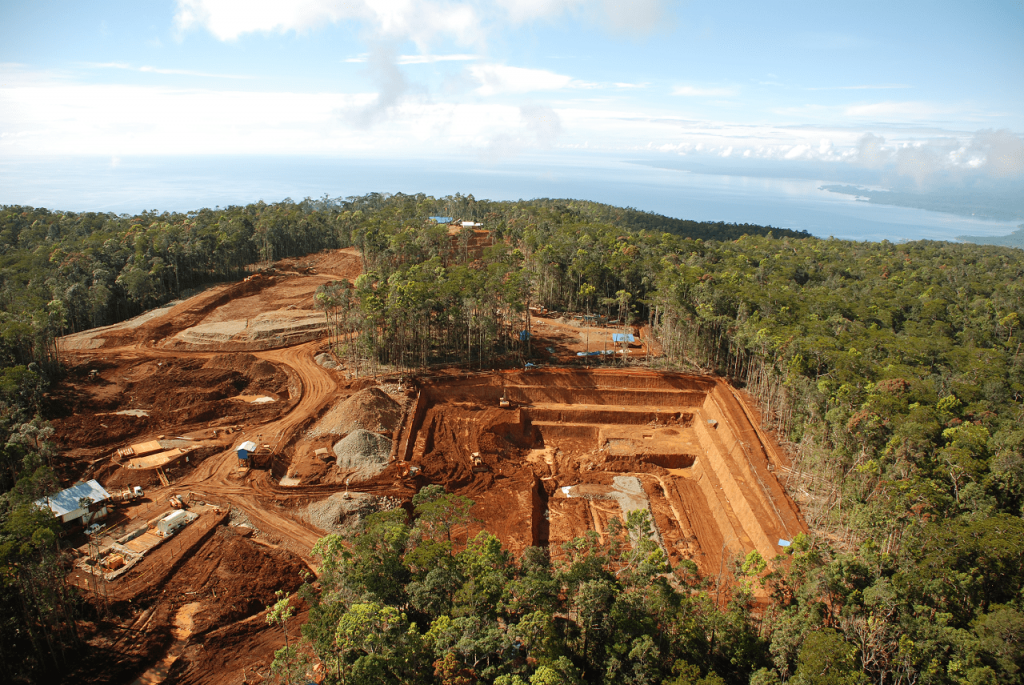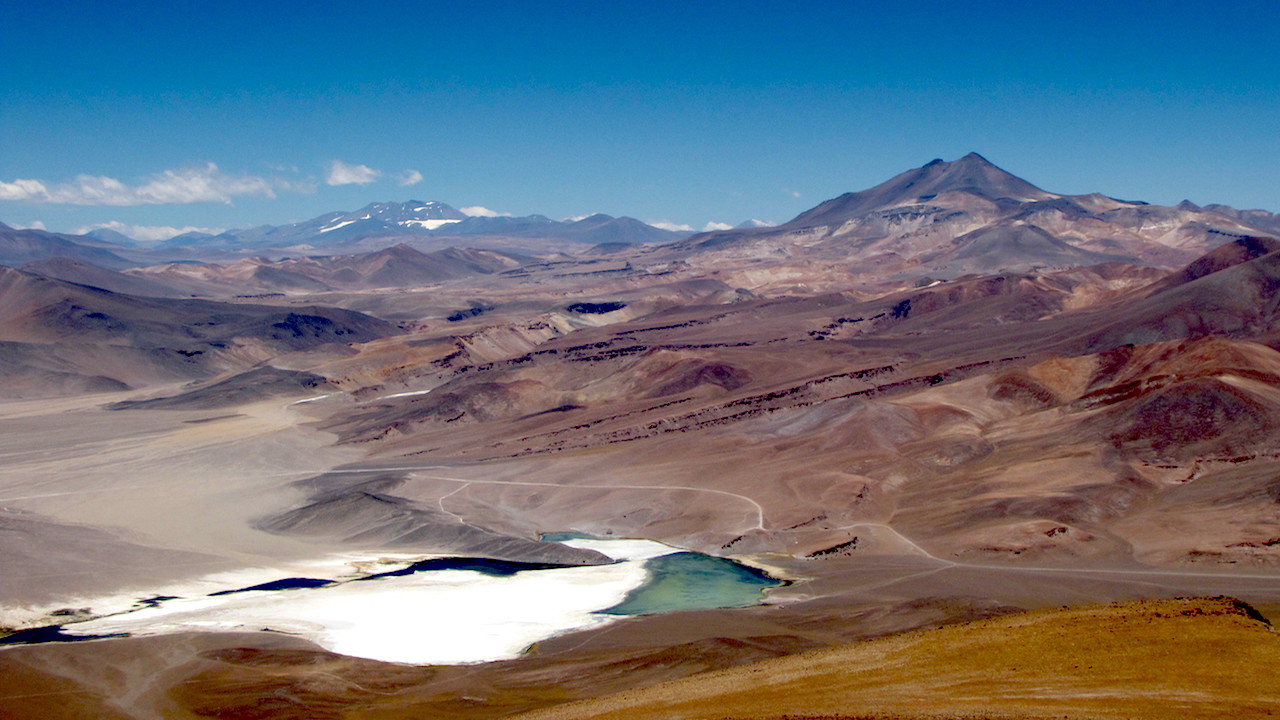Antam mulls boosting stake in biggest nickel deposit owner

Indonesian state-owned miner PT Aneka Tambang is mulling raising its stake in PT Weda Bay Nickel, owner of one of the world’s largest deposits of the mineral, people with knowledge of the matter said.
Aneka Tambang, also known as Antam, has reached out to investment banks to discuss a potential stake purchase from Chinese stainless steel giant Tsingshan Holding Group Co., one of its co-owners in the project alongside France’s Eramet SA, the people said.
Antam seeks to boost its ownership of Weda Bay to at least 40%, according to the people, who asked not to be identified as the information isn’t public. The stake acquisition could be a $300 million deal, they said.
“Demand for the metal from electric vehicle batteries will grow 15-fold by 2030, but supply may not keep pace”
Allan Ray Restauro, metals analyst, BloombergNEF
Deliberations are at an early stage and no final decisions have been made on how much of a stake Tsingshan may divest, the people said. A spokesperson for Tsingshan did not respond to calls and WeChat messages seeking comment.
Antam will continue to focus on expanding downstream mineral processing and is open to local and global partnerships, corporate secretary Kunto Hendrapawoko said in an emailed statement.
Shares in Antam fell as much as 2.3% on Friday, compared to a 0.2% rise in the Jakarta composite index.
Weda Bay Nickel, which started its mining operations in October 2019, is located on the island of Halmahera in Indonesia. It has as much as 9.3 million tons of nickel content and is expected to produce 30,000 metric tons a year starting next year, according to Eramet’s website. A joint venture between Eramet and Tsingshan currently owns 90% of Weda Bay while Antam has the remaining 10%. Eramet owns 43% of that venture while Tsingshan has 57%, the website said.
Indonesia has nearly a quarter of the world’s nickel reserves as of 2018, according to a BloombergNEF report.
The Southeast Asian country banned the export of raw nickel ore in 2014, five years after giving notice of the law, in order to encourage more refining projects and move further up the value chain. The government renewed the measures in June.
(By Vinicy Chan and Fathiya Dahrul, with assistance from Winnie Zhu)
{{ commodity.name }}
{{ post.title }}
{{ post.date }}




Comments